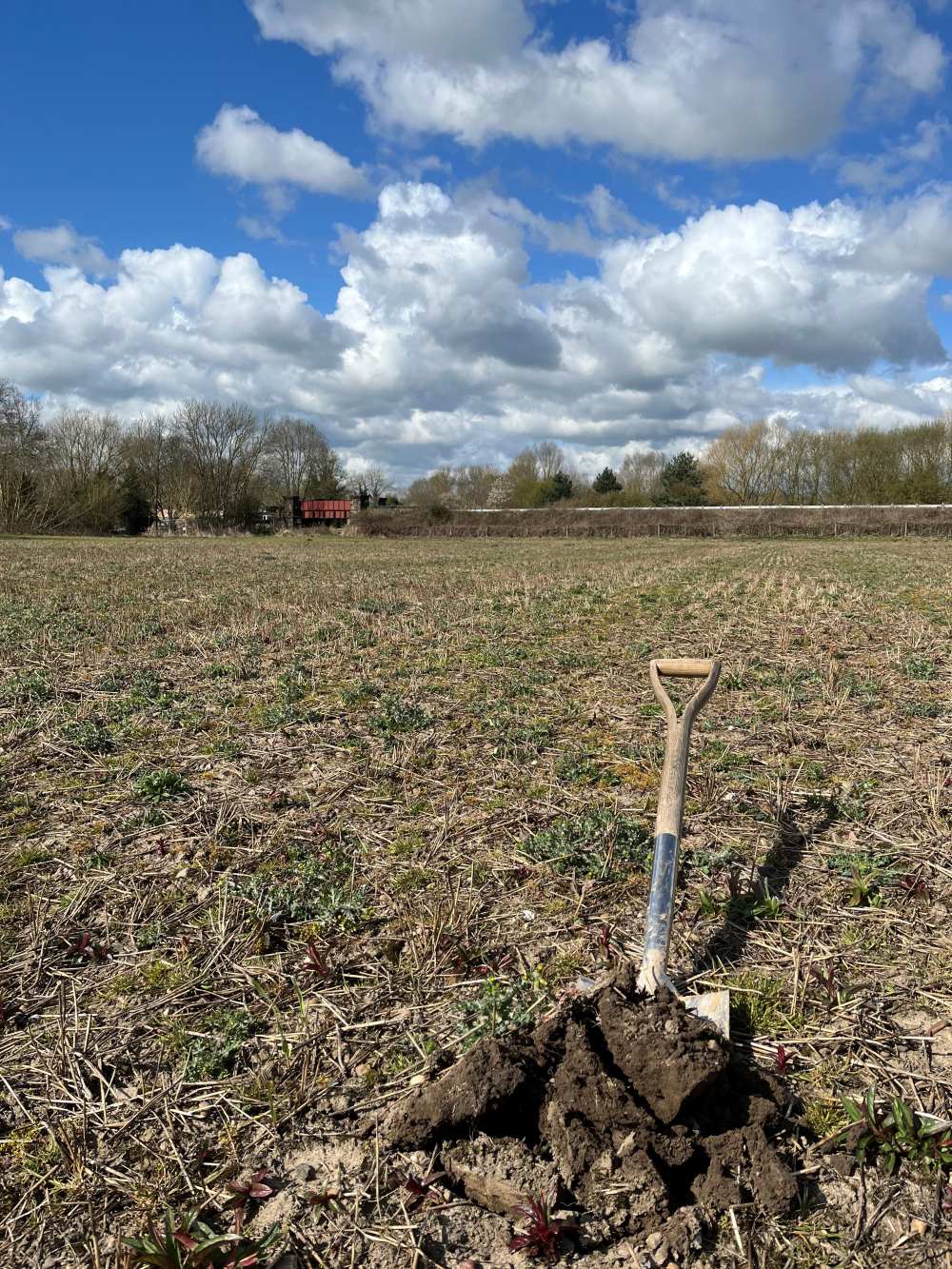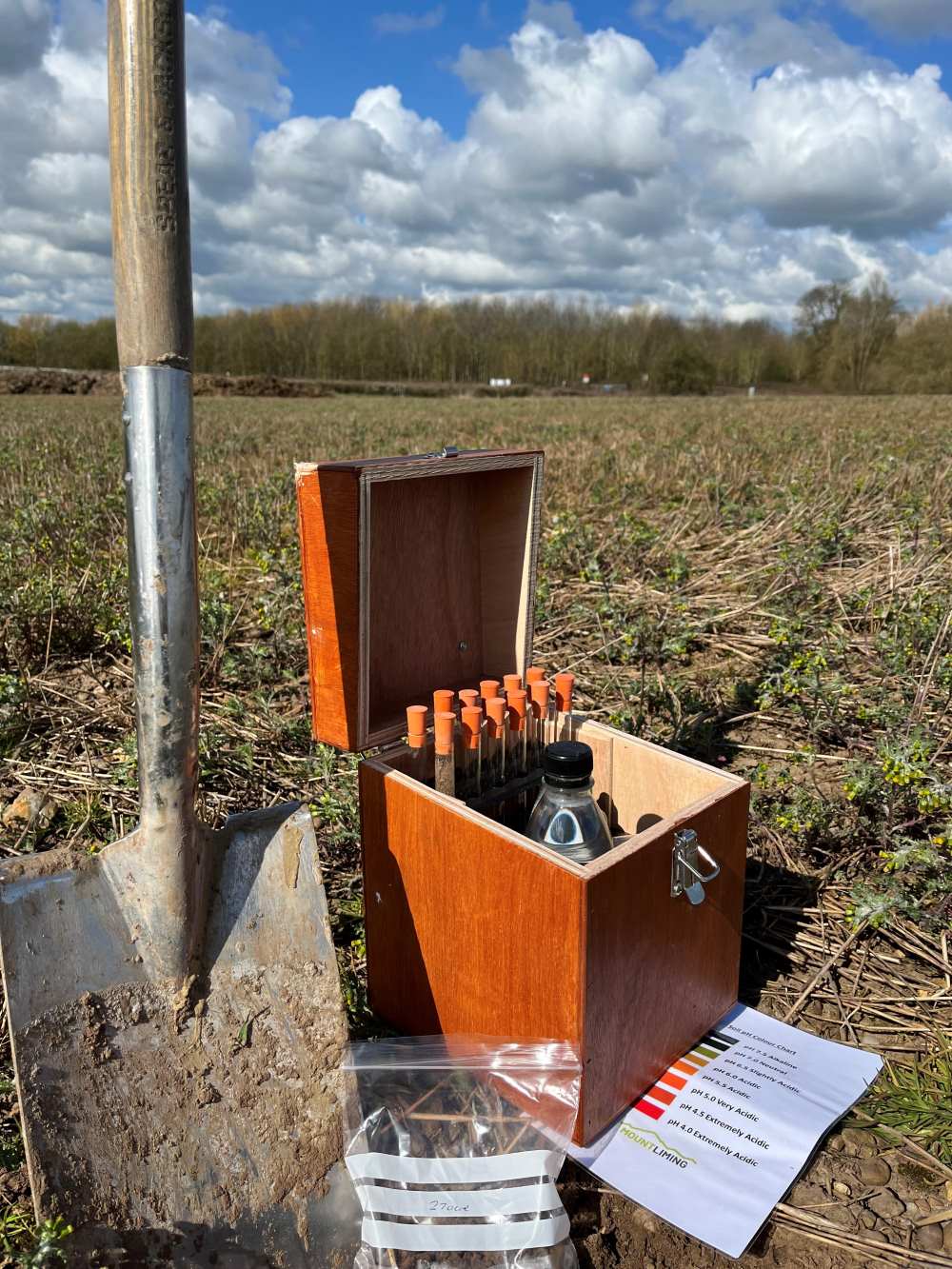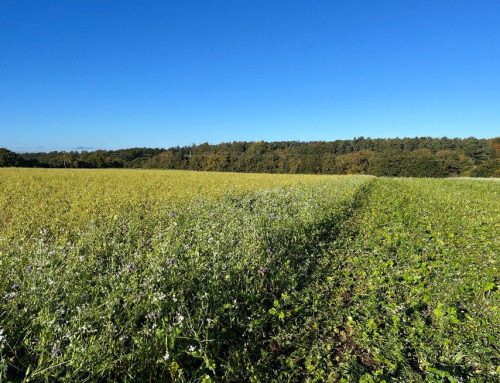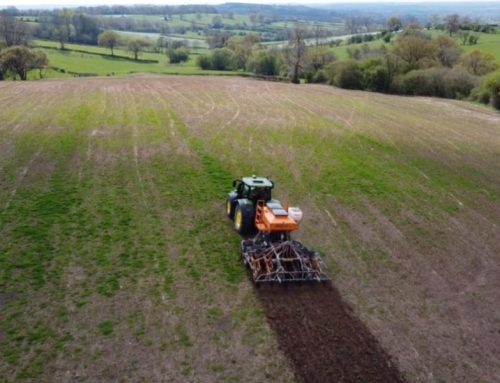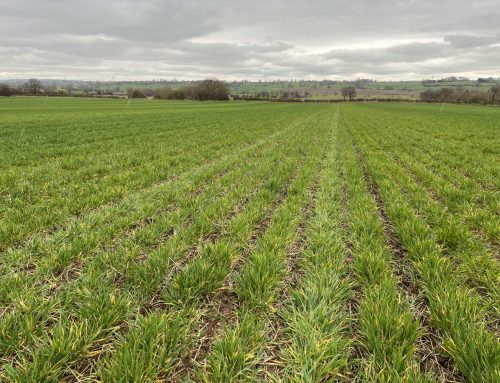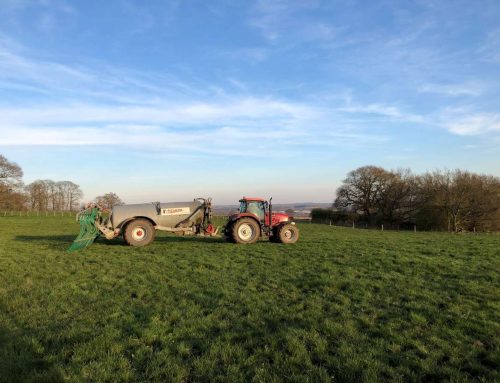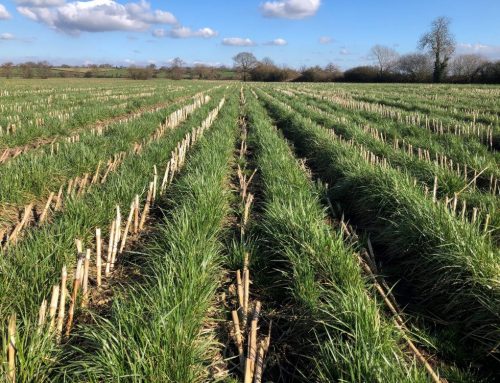pH Testing
Ahead of any crop being established it is vital that a basic Soil Ph test is carried out. This week we used our barium sulphate in field testing kit to find out what the Ph was of two fields going into spring barley.
The result was a PH of 6 and with the optimum for barley being 6.5 the conclusion was to apply 1t/acre of Ground lime across the two fields.
For maximum effectiveness, the harder and less porous the parent rock, the finer the liming material must be ground
From the highest purity calcium rock in the country. Ground limestone has a Neutralising Value (NV) of 54% with 40% passing 150microns (0.15mm) A completely natural product, suitable for organic use.
The growth of cereals of high protein content depends on stability of pH during the growing cycle; barley is an example where sensitivity to soil pH is particularly apparent
Soil pH has such a fundamental effect on crop and grassland production, that it is the platform to base most decisions on.
Regular pH testing should be carried out to ensure your soil is working at its optimum for you. Soil pH is a measure of soil acidity or alkalinity.
The pH measures available Hydrogen ions within the soil. If the soil environment is to acidic the crop will not be able to take in other nutrients.
With intense arable and livestock rotations, there is often a natural reduction in the pH and lime status of the soil, with lime losses occurring from leaching, fertilisation, cropping and pollution.
The correct application of lime can raise the pH to allow the crop to utilise other key nutrients and therefore ensuring that all your inputs work hard for your soil.
For more information on Lime spreading please visit
http://chandlerslimeandfertiliser.co.uk/
For Soil Testing please contact us:
